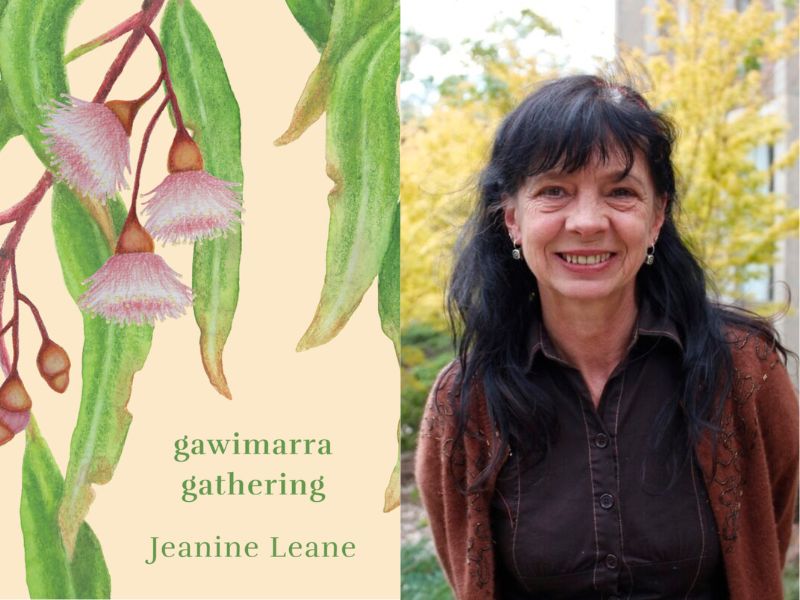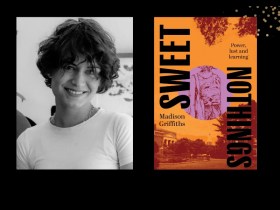Multi award-winning and celebrated poet Jeanine Leane returns with her latest collection of poetry, gawimarra gathering. Split into three parts that span ancestral memory, national politics, feminism, climate change, colonialism and hearing, Leane’s collection is masterful and breath-taking.
It’s important to state that I’m a Caucasian reviewer. This doesn’t necessarily exclude me from being part of Leane’s intended audience. Still, any critique I could offer Leane’s complex interweaving of culture, language and family would be inappropriate. For what it’s worth, I would only offer a sense of awe.
The collection’s first part shares the title of the collection. It contains work of memoir and ancestral memory, hinting at the dark violence of colonialism. Leane’s working in dancing with time is simultaneously grounded and cosmic, implicating the spiritual and the everyday in a single breath. Such is the case with ‘Hardwood’:
eternity is hardwood
worn only over time
by the touch of wings
the wash of rain
the breath of wind.
The second part, simple labelled ‘Nation’, is Leane’s soaring manifesto. Across prose, diagrams and free verse, Leane swings across the darkness that pervades contemporary Australia. She begins the section:
Before I write another poem
I’ll pause
and consider all the violence committed
by the paper it is written on.
It is a brief pause before her onslaught, targeting white feminism, the genocidal oppression of First Nations, the colonisation of history, the role of the government in the management of the COVID-19 pandemic and violent climate change (‘Extinction is now’ her poem ‘Read the Rivers’ warns).
The final section, ‘ngulagambilanha returning’ is the collection’s most intimate. Leane experiments with language from Elders and speaks directly to the ‘colonisers’. This section contains some of the collection’s most powerful work.
In a piece titled ‘Wiradjuri Dictonary,’ Leane recounts receiving a dictionary as a birthday present from her son. It’s soothing and remarkable. Over the page then is ‘Forced into Images: a poem to my colonisers’, the collection’s most stirring work. It is one of the most concise and wrenching descriptions of colonisation from an Australian poet. To provide an excerpt of any piece here wouldn’t do it justice.
Read: Dance review: GöteborgsOperans Danskompani, Sydney Festival
With gawimarra gathering, Leane reinforces her reputation as one of Australia’s most evocative and essential poets. As a contemporary First Nations work, it unpicks the colonial notions of time and country, liberating the work’s subject and reader. It is remarkable.
gawimarra gathering, Jeanine Leane
Publisher: UQP
ISBN: 9780702266324
Format: Paperback
Pages: 104pp
Publication date: 30 January 2024
RRP: $24.99





